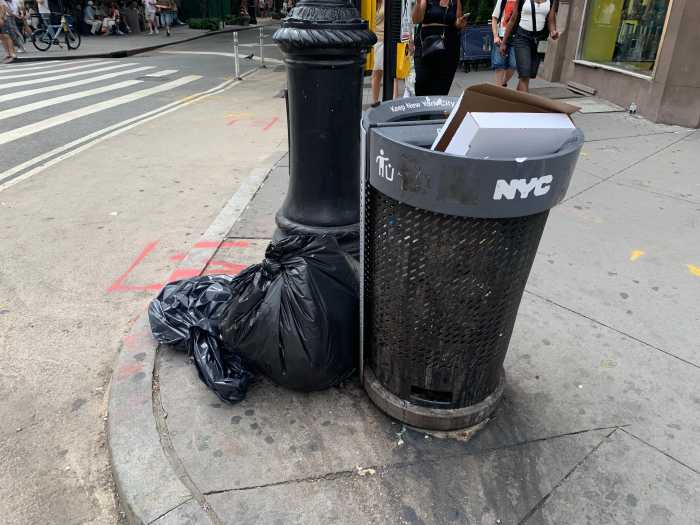
The emails from my students will start immediately after grades are posted. I try to nudge these students to accept the grade they were given, but all too often I will need to sit with them and go sentence by sentence through the final paper explaining every decision I made.
Most of my post-secondary education took place in Australia. There, even the smartest person has to work to earn an A.
But I’m finding that requiring superior mastery of the subject matter before giving an A puts me at odds with my students. Too many want an A, irrespective of the quality of their work. (“I can’t accept anything less than an A or, “I need an A so that I can . . .”) Why do American college students feel entitled to A’s?
Grades should mean something
Evaluating student work is a very serious matter. The stakes are high. Grades affect each student’s future. Getting this part of my job right matters.
According Stuart Rojstaczer, a former Duke University professor who researches college grades and publishes findings online, A has been the most common grade at Harvard University for 20 years, with A becoming the most common grade nationwide since 1998. He found that between 1983 and 2013, grade point averages rose from a national average of 2.8 to 3.1, with the largest rise occurring in private schools (2.9 to 3.4).
I teach English composition, introduction to literature, speech communication and research in the disciplines at the City University of New York. In Australia, a grade of 100 is almost unheard of. How does one give 100 for subjects like mine? There is neither a right nor a complete answer to any questions in my discipline.
In the late 1990s, Mona Miller and Phil Carls wrote guidelines for Colorado State University and the University of Iowa study abroad students planning a trip to Australia. They read, “There is no grade inflation in Australia . . . the majority of Australian students simply receive passing grades . . . perfectly ok.”
Miller, now regional director for the South Pacific, Asia and the Middle East at Academic Programs International, a provider of independent study abroad, still works with three Australian university affiliates. She said by email, “Based on observation not data . . . I believe that the initial observations still hold true.”
College has always, and always will be, a sorting process, a meal ticket, as well as a badge of higher knowledge.
In defense of harsh grading
In Australia, having a degree from a certain university told prospective employers all they needed to know. Grades weren’t considered outside of higher education. Here, according to The Chronicle of Higher Education among others, hiring decisions also take into account internships and outside activities. The highest GPAs don’t guarantee recruitment, so why inflate grades?
It is often argued that students at elite private schools like Harvard had to be A students to get in, and it’s only natural they continue to get A’s. But there is no guarantee students will maintain their work ethic through college. In fact, some would argue they shouldn’t. Many Australians see college as a place for young people to experiment, to kick up their heels and have fun.
Perhaps the strongest argument for grade inflation at private schools is that with costs running, in some instances, above $50,000 a year, students and their families pay for an A. But post-graduate study and some jobs do require superior mastery of subject matter. If everyone gets an A, how do we recognize those who know their stuff?
To be competitive in the 21st century, we need the best people in the right jobs.
Perhaps America should take a leaf out of Australia’s book. Or perhaps not. Perhaps I should fall in line here, and give out A’s.
At least that would put a stop to all those emails.
Jillian Abbott is an adjunct lecturer at York College in Queens.




























